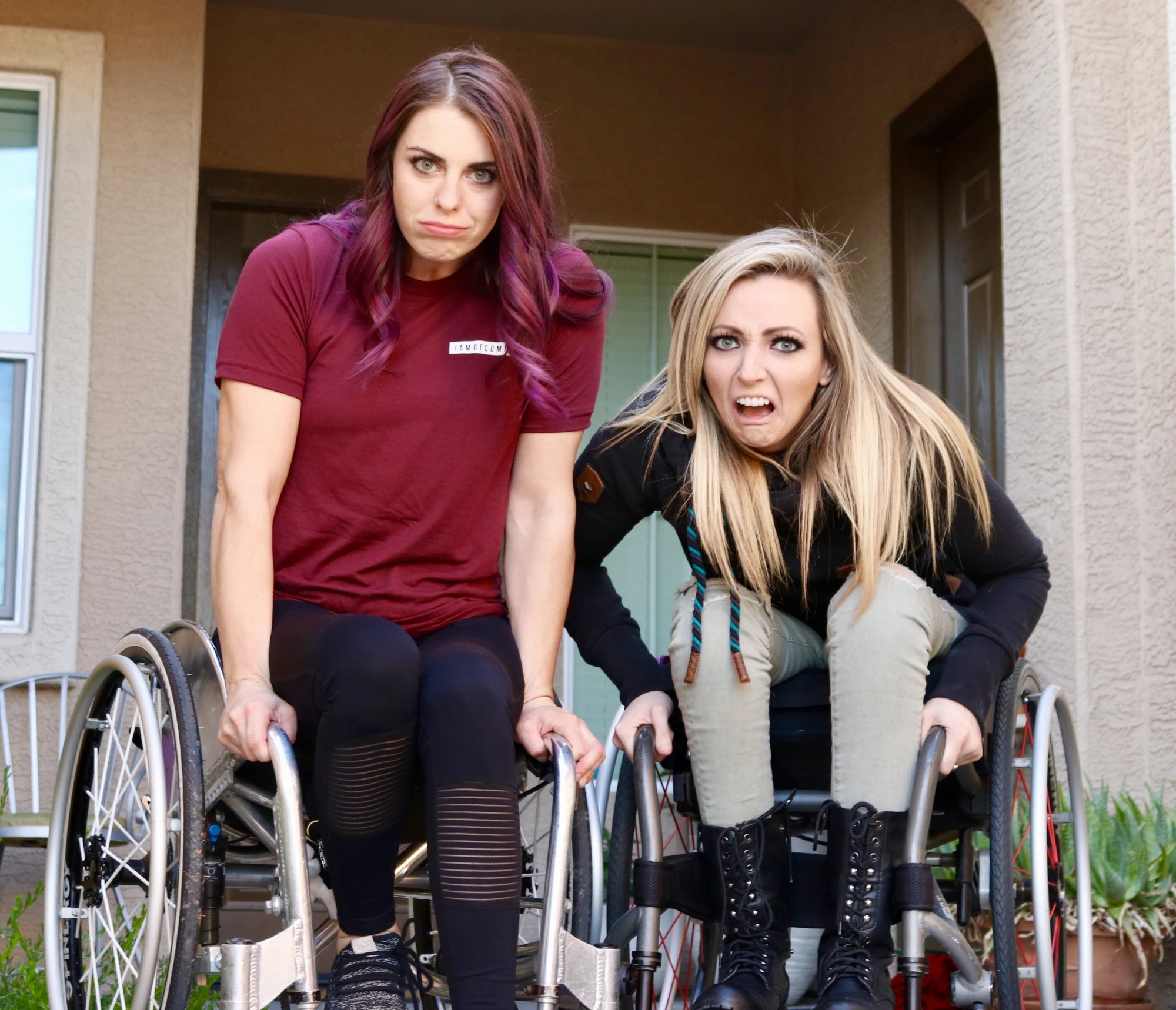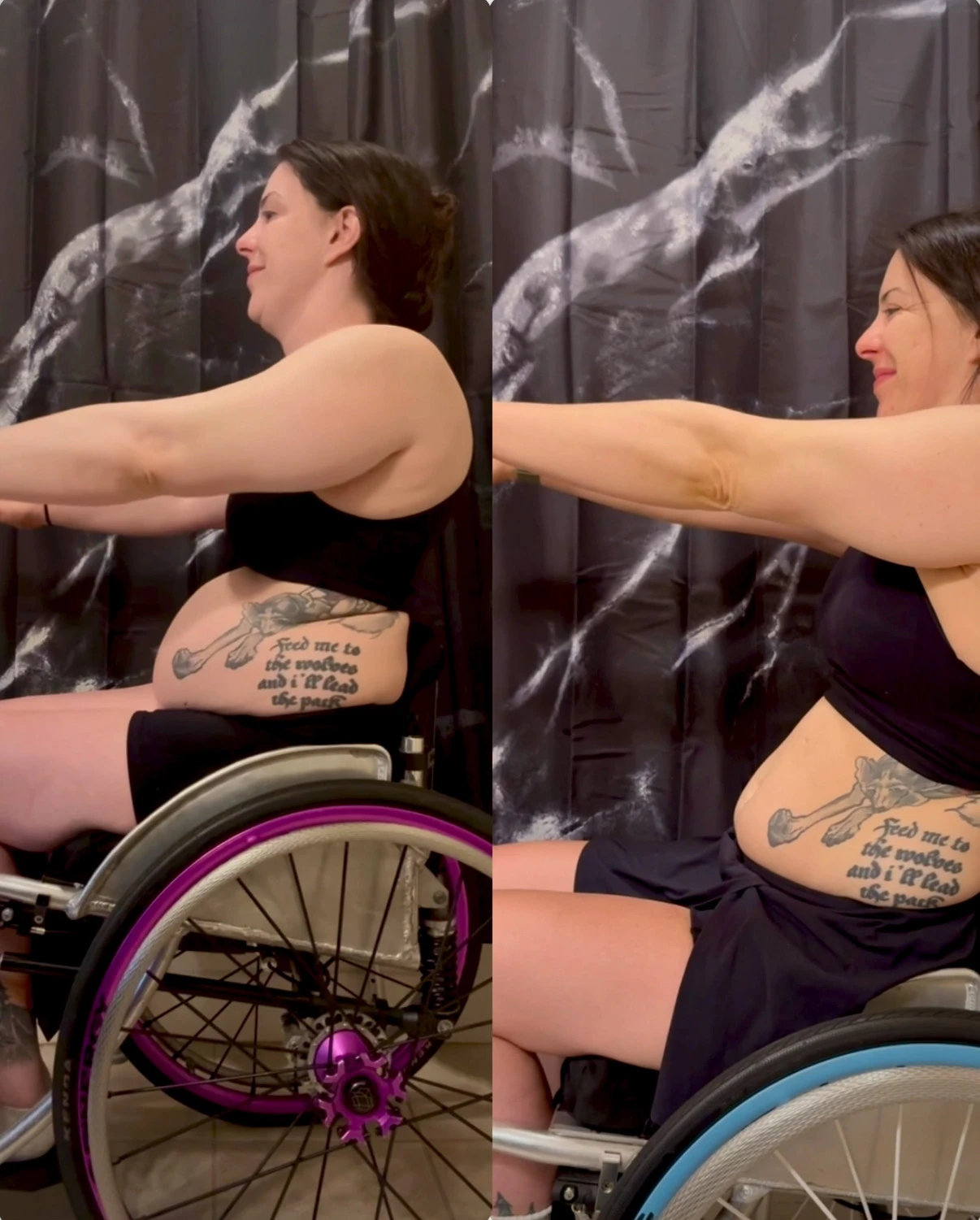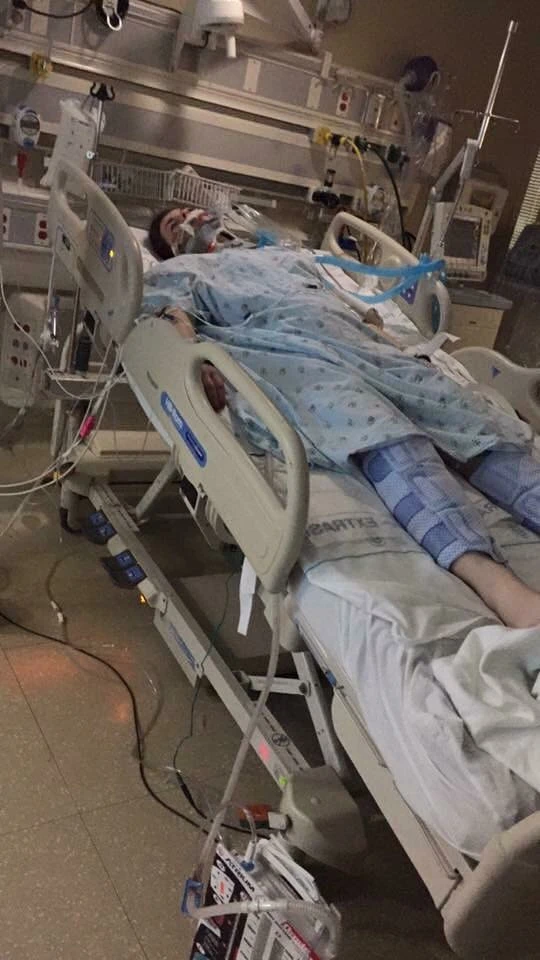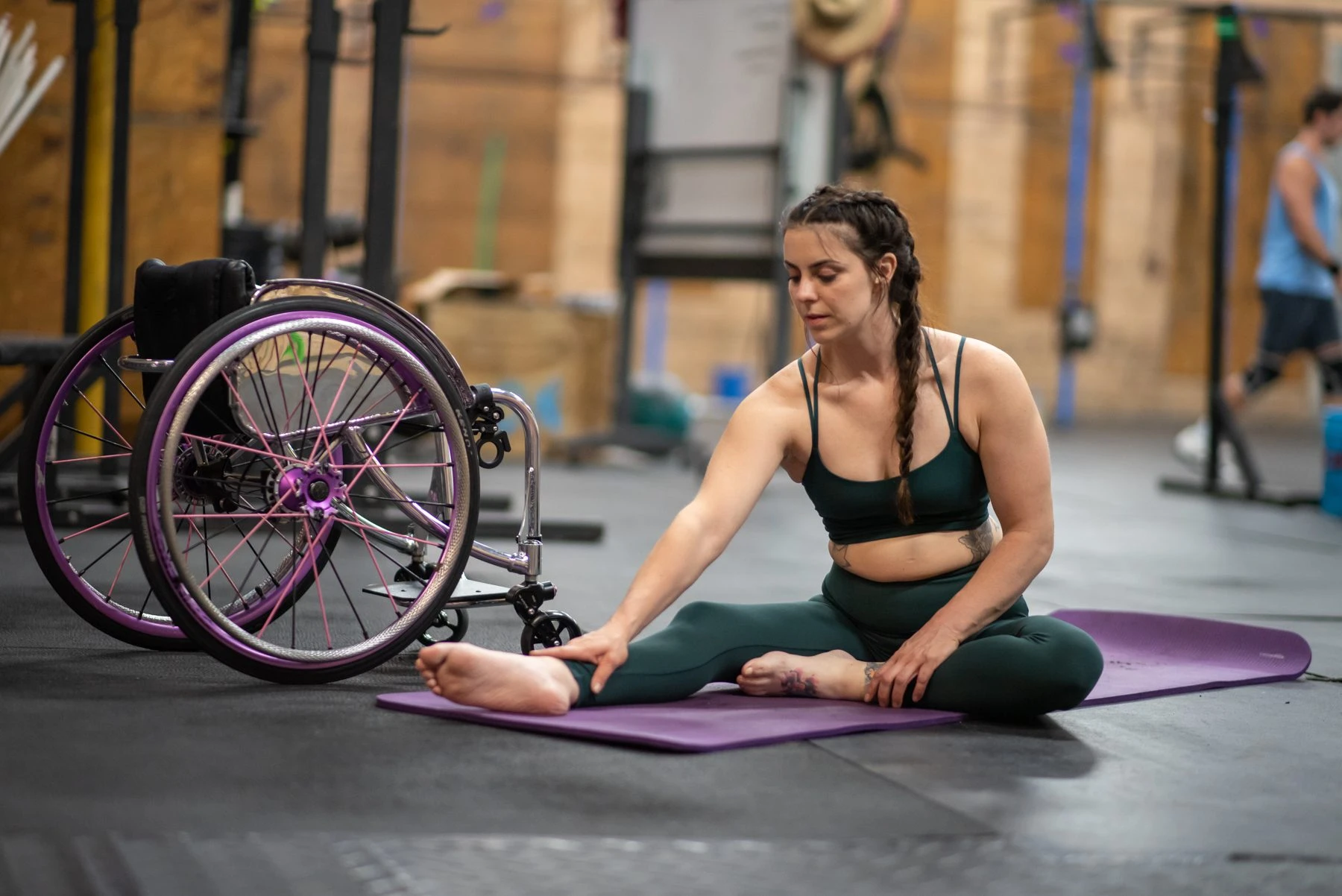
Flying is a pain without a disability, so after my injury I was pretty nervous about flying. Most airlines would charge an arm and a leg in baggage fees along with an attitude when you request extra assistance due to your disability. With my added medical supplies my bags would often be overweight and the option to just use a carry on was taken away. Here are a couple of tips and tricks I have when it’s related to flying.
1. Make a list when you pack. I don’t know about you but my mind runs a hundred miles a minute. If I didn’t make a list with the essentials I would surely forget the most important items.
2. TSA Pre-check. If you want to avoid the full body patdown (unless your hands test positivite), I HIGHLY recommend spending $80 for 5 years of TSA precheck. They swab your hands and cushion then inspect/patdown your chair. It takes your TSA experience from 20 or 30 minutes to 10.
3. Your bag ALWAYS contains medical/assistive devices. I remember being so frustrated that I’d have to pay for luggage when the only reason I was checking luggage was due to my medical supplies. A close friend informed me airlines often make an exception for medical supplies and assistive devices. I always pack my Axiobionics Wearable therapy, loose catheters, diapers, and gloves on top of my luggage. Be sure not to lie about your supplies because often times they will check.
4. Fly Southwest. The Southwest Staff is typically more friendly and willing to accommodate its passengers with disabilities and with a smile! My chair is narrow enough that with their open seating policy I can board the plane straight from my chair rather than transferring to an isle chair. They also are very accommodating with helping me use the restroom. They have the lowest rate for damaging my wheelchair with one time out of the twenty something flights I have taken compared to the other airlines. On the rare occasion I have had an issue the customer service team was quick to take care of it.
5. Keep enough supplies on you for an overnight stay. With unpredictable weather and unforeseen events flights may get cancelled and luggage can get misplaced. The last thing you want is to be stranded somewhere without your medical supplies. For me it’s catheters. I always make sure to have enough for a day in my pack.
6. Remove any removable pieces of your wheelchair before they take it. A lot of people are inconsiderate that your chair acts as your legs. They often treat it like luggage, tossing it (literally) under the plane. The last thing you want is to lose your cushion, side guards, backrest, or pack under the plane. Rather be safe than sorry so I remove everything.
7. Meal prep and bring an empty bottle. Airports are EXPENSIVE. The food is typically packed with salt and grease. Rather than worrying about finding something to eat I always pack snacks, and a meal (depending on how long my day is.) With water fountains scattered throughout the airport, bringing your own water bottle saves money.
8. Be patient with the employees. Especially if your flight is delayed or cancelled. The employees have no control over flight status. They are the messengers. Don’t shoot the messenger.
9. Give yourself enough time during a layover. As a wheelchair user you are first to board the plane and the last one off. You want to be sure to give yourself enough time to get from one gate to another.
10. Car Rentals. You can request a vehicle with hand controls. You’ll want to call to specify that you need a right or left hand control when booking the car, 48 and 24 hours before. Sometimes the rental company will STILL fail you. Before leaving the facility always say there is damage anywhere your wheelchair could cause damage so you’re not liable.
Visitors also read

When Jesi gained 20 pounds after moving in with her boyfriend, it wasn’t because...

10 Years ago today I rode as a passenger on a motorcycle for the last time. As w...

I remember in fourth or fifth grade when we had track and field day, everybody g...

In an interview, Matthew McConaughey said his biggest hero is him ten years from...